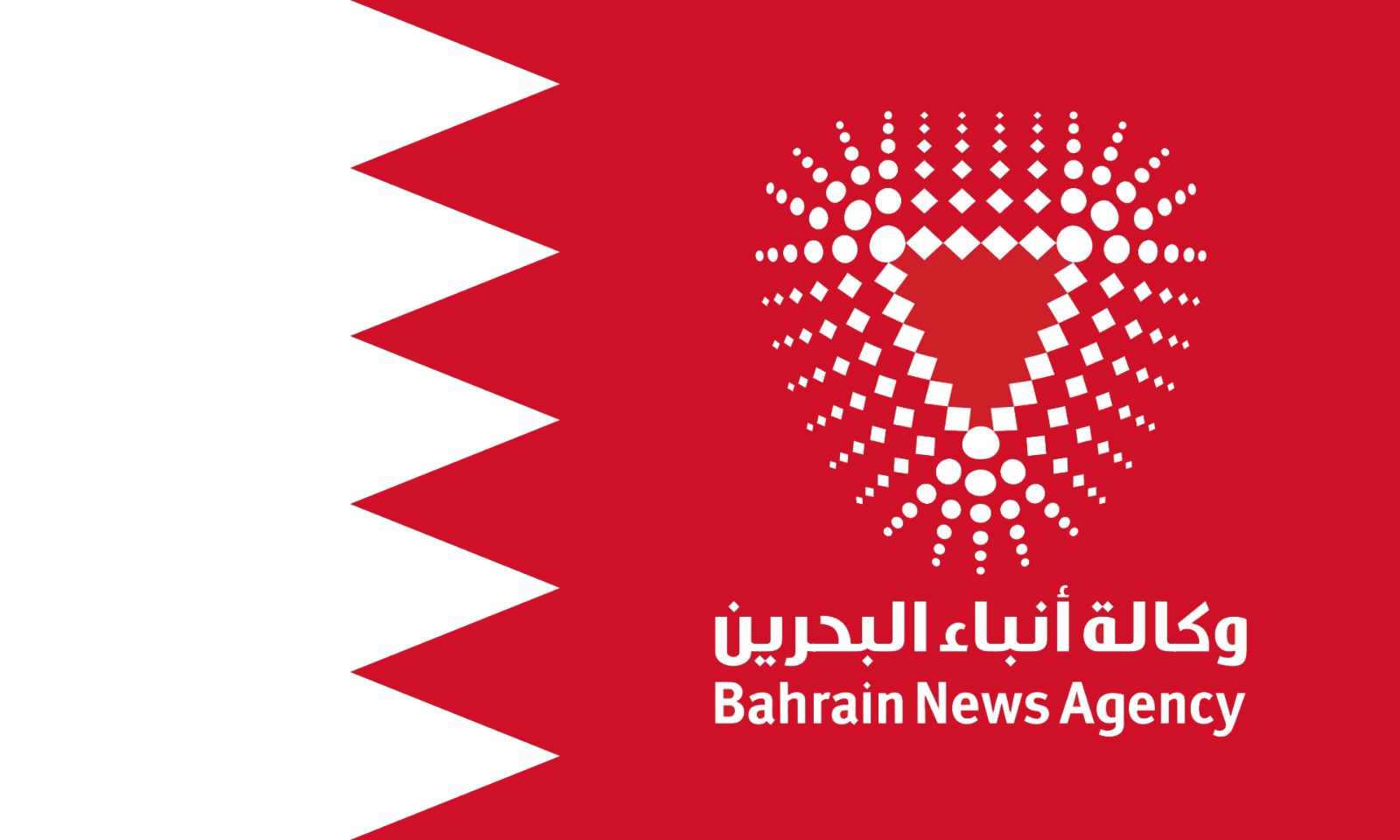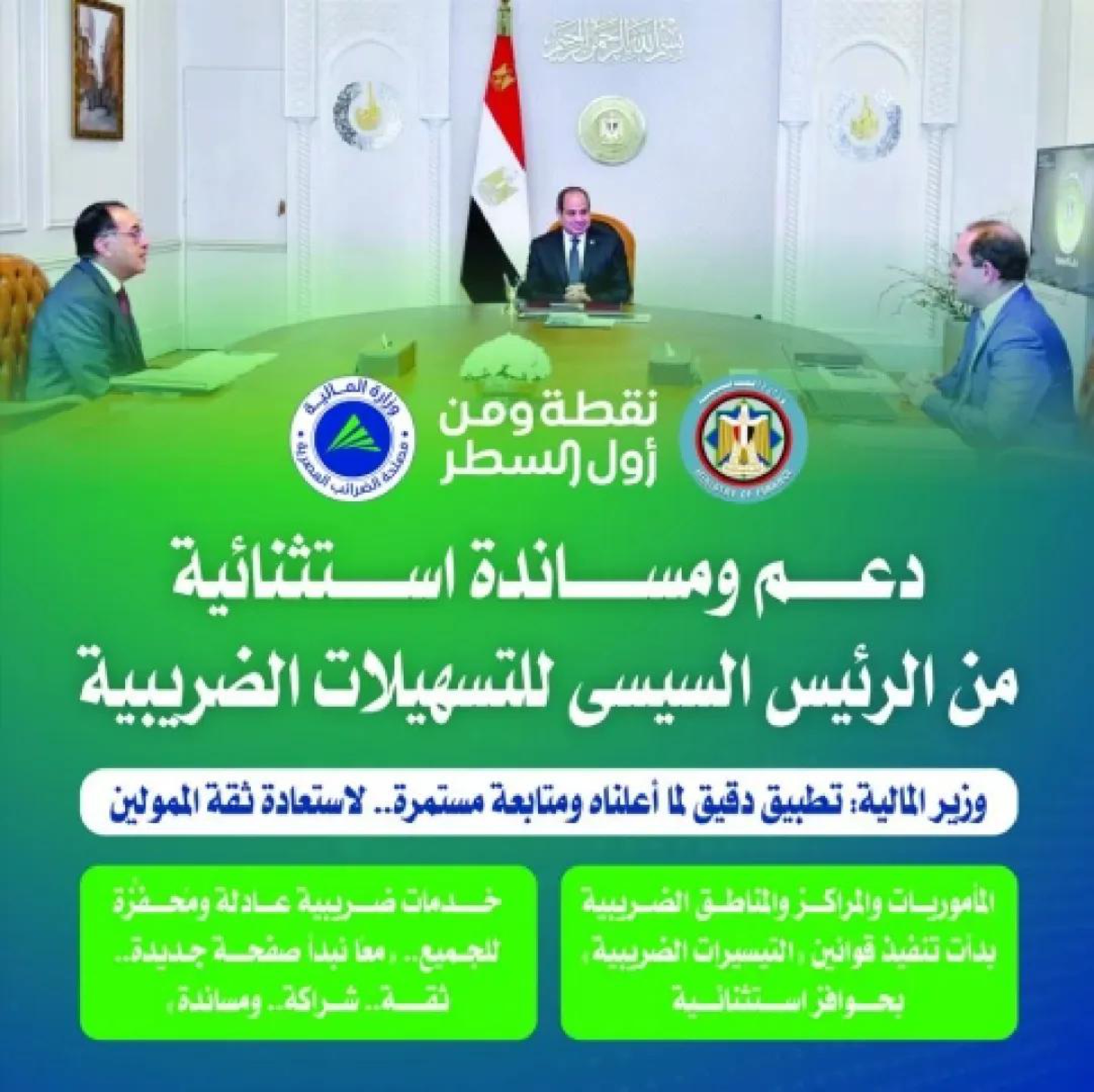CAIRO, July 16 (MENA) - Assistant Secretary-General of the Arab League Hossam Zaki said that throughout the Middle East, pundits and public alike are wondering how the changes that the region is witnessing may affect the fragile existing balance of power and whether they can open the door, finally, for an era of peaceful co-existence and prosperity.
It is well established that the strategic weight of our region is not confined to politics or security. It also lies in its increasingly pivotal role in the global economy, Key maritime routes, including the Strait of Hormuz and the Suez Canal, serve as vital arteries of global trade and energy supplies, Zaki said in an opinion piece published by The National UAE newspaper.
At the same time, many Arab Gulf states are investing heavily in emerging industries such as renewable energy and advanced technologies. It is clear that bringing peace and stability to the Middle East is no longer a regional aspiration, but a global imperative intertwined with international prosperity, he added.
For the Arab League, a new strategic reality in the Middle East can only come about when a true vision for peace is implemented. The vision we have in mind is one based on the two-state solution: restoration of Palestinian rights for independence and dignity, followed by the implementation of the engagement of peace outlined in the Arab Peace Initiative, thus opening the door for an era of true peace and stability in the region, Zaki said.
But regional security has been viewed differently by various parties in the region. For the Arabs, based on Arab Summit resolutions, the notion of regional security has always been based on five major pillars: namely, an end to the Arab-Israeli conflict and the emergence of an independent contiguous Palestine, respect for sovereignty and non-interference in the internal affairs of states, the establishment of a nuclear-weapon-free zone in the region, relentless combating of terrorism and the preservation of nation states, and security guarantees for all and shared interests as applicable, he added.
From an Arab perspective, while all these elements are essential for reaching a viable and sustainable formula for regional security, we view this equation as a win-win for all parties. Unfortunately, we cannot say the same about the perspective offered by other parties in our region, such as Israel, Zaki pointed out.
For years, and in particular after the 1993 Oslo accords, the concept of regional security for Israel was based primarily on achieving military and security superiority while “postponing indefinitely” any viable solution for the Palestinian question and without producing any real vision for achieving just and comprehensive peace, Zaki said.
Since October 7, 2023, it appears that “postponing indefinitely” a solution to the Palestinian question was replaced by “eliminating” it altogether, he added.
Driven by its extreme right-wing forces and its advancement in the past two decades, such a vision is a considerable impediment for peace and prosperity in the region. Enabling those forces to continue on such a path is nothing but a recipe for continued conflict and instability. Such a zero-sum equation with no room for a win-win formula is no salvation for our region and certainly meets no aspiration for peaceful co-existence in it, Zaki said.
At the same time, achieving a sustainable peace requires addressing broader geopolitical dynamics, particularly those involving Iran. Over the past few years, several Arab countries have taken steps towards de-escalation and restoring dialogue with Tehran, aiming to establish a framework of mutual respect and non-interference, Zaki added.
This approach must be preserved and reinforced, as it offers the potential to reduce tensions and prevent wider regional confrontation, he said.
I acknowledge that in my numerous encounters throughout the Arab world, and in particular after witnessing the horrors committed by Israel in Gaza through 21 months of genocidal war, I often reach the unhappy conclusion that many Arabs, in particular the youth, have ceased to believe that peace will be the order of the day in our region in the foreseeable future and that it is somehow condemned to perpetual instability and turmoil. The brief moments of peace of the 1990s seem like such distant memories, Zaki added.
All powerful players, in the region and outside it, should try and change such desperate views, if we are to seek a better and more prosperous future for the coming generations. To my understanding, a number of Arab countries who play a major role in the region have expressed readiness to engage in meaningful discussions on the matter, Zaki said.
However, in the absence of an Israeli willingness to engage on a viable path for peace, it can be an exercise in futility. The hope remains that an active and motivated US president may intervene to tip the balance not only for the sake of morality and law, but also for shared interests and a win-for-all formula which addresses the concerns of all parties, he concluded. (MENA)
M A A/R G E
OPEN// Ambassador Hossam Zaki: Towards a peaceful and stable Middle East
Egypt/Arab League/Arab world
You have unlimited quota for this service





 ar
ar en
en fr
fr






